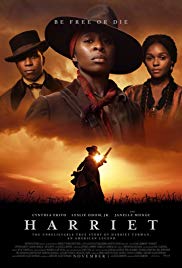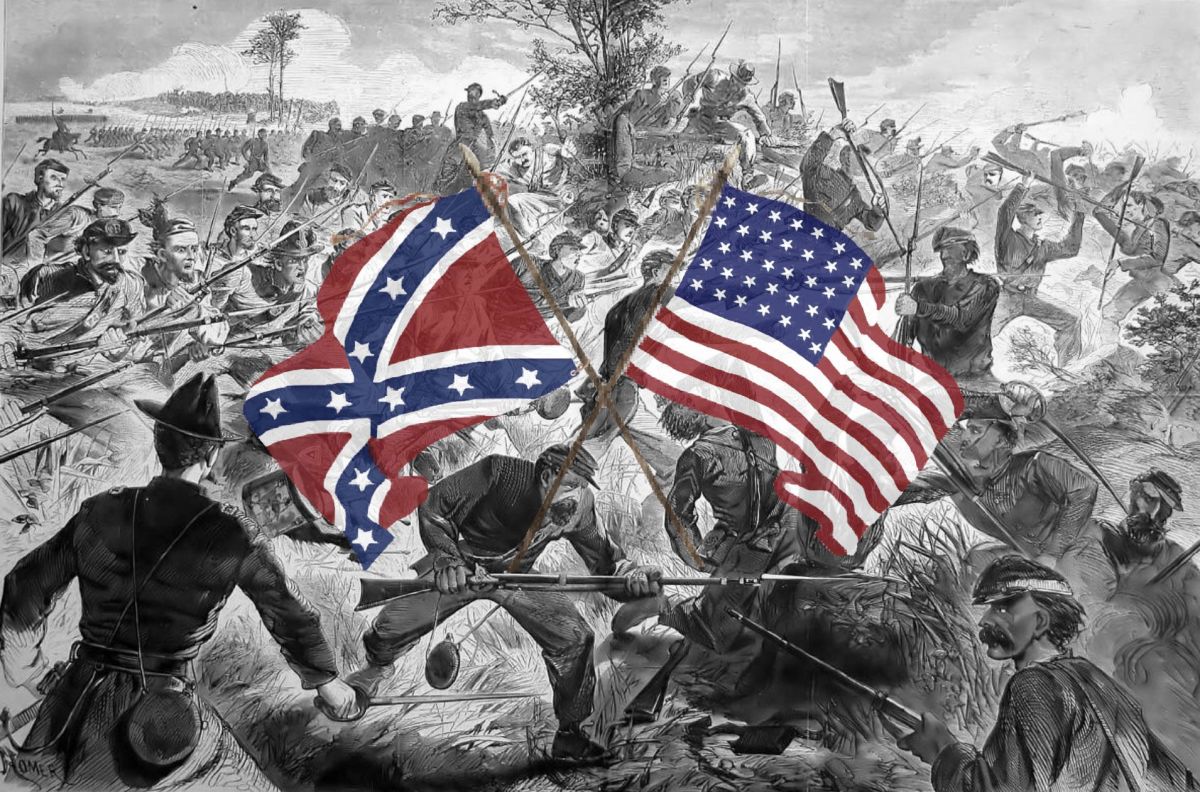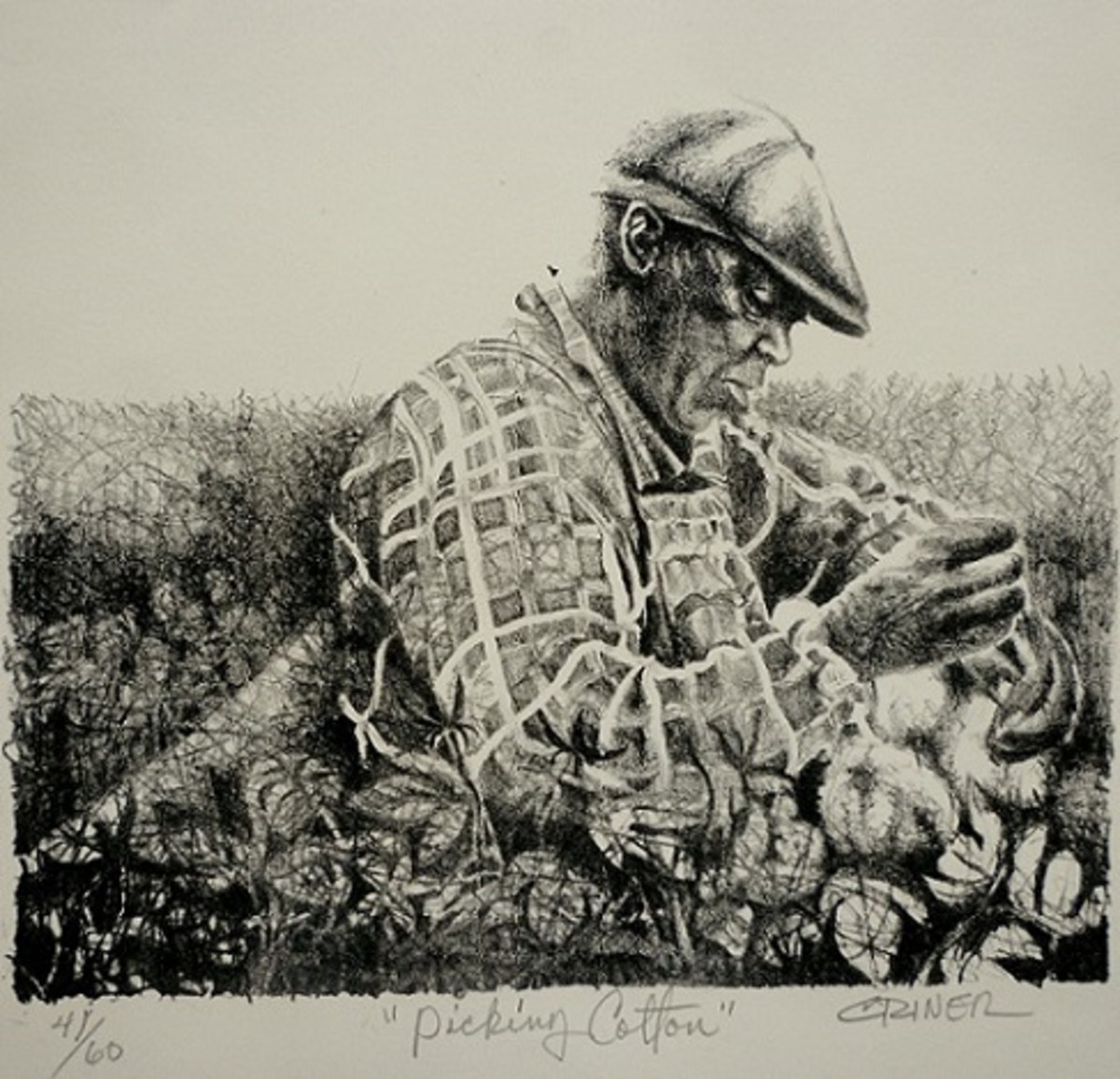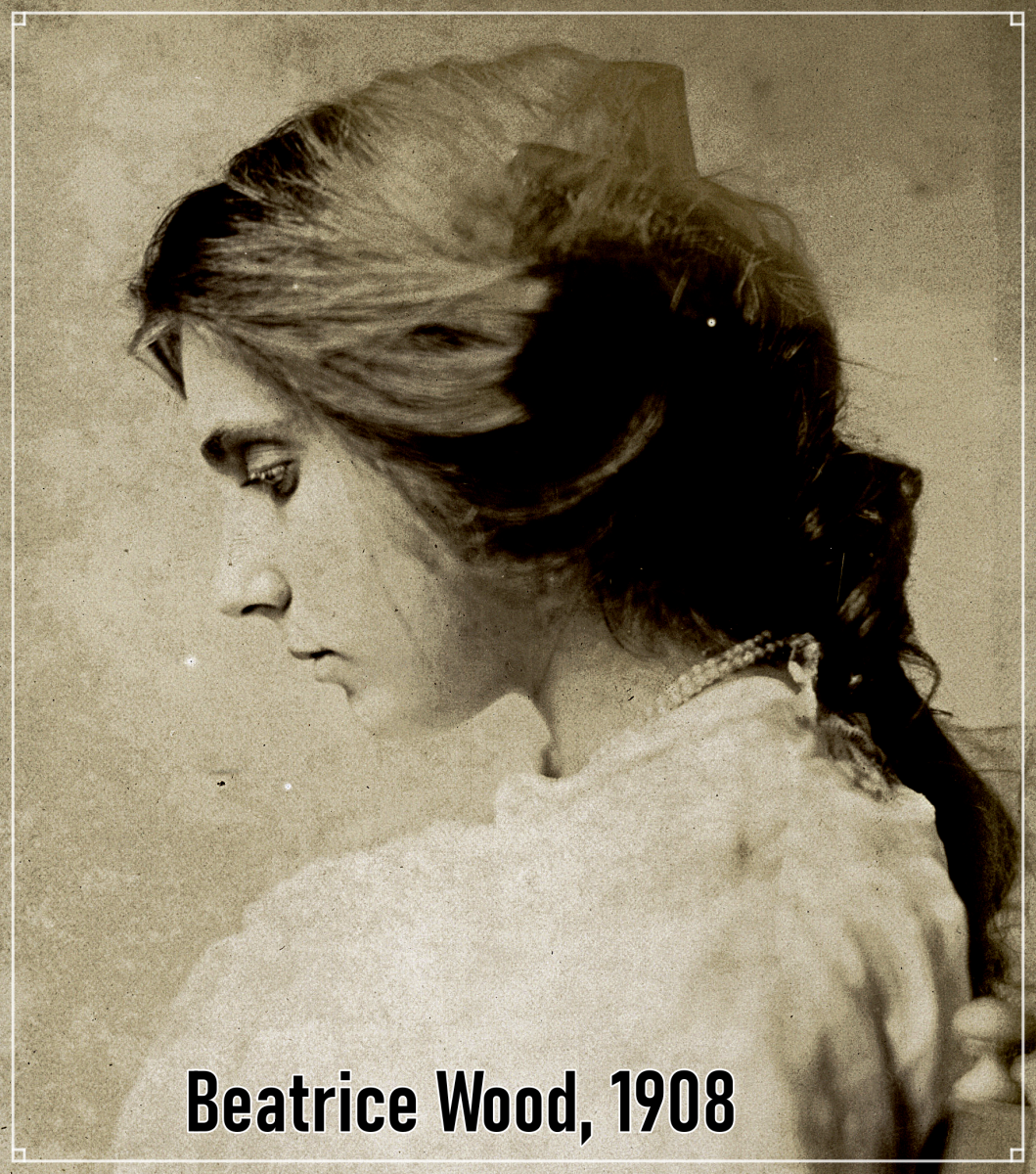She Was Working On The Railroad: Harriet

Synopsis
In 1849 Maryland, the newly married slave Araminta "Minty" Ross seeks the permission to start a family with her freedman husband. Not only is she denied her request, she gets a reminder that she's just property who could be sold. When this owner proceeds with posting an intent to sell Minty, she takes a journey to freedom of her own in Harriet. Cynthia Erivo stars in the title role as she manages to take off from the plantation owned by the recently widowed Eliza Brodess (Jennifer Nettles). Her son Gideon (Joe Alwyn) rounds up some trackers and gives pursuit. Before she leaves her handlers, she informs her husband, John Tubman (Zackary Momoh) of her intent. When the trackers corner Minty on a bridge, she jumps into the swift current of the river below. The waters sweep her away, and Gideon and his posse presume that she has drowned. She instead washes up near the farm of Thomas Garrett (Tim Guinee), known to be an abolitionist. He gets her to the Pennsylvania border.
Following the instruction of others, Minty makes her way to Philadelphia, where William Still (Leslie Odom, Jr.), employed by an abolition society, welcomes her. He collects biographical information from her, then takes her to a boarding house owned by Marie Buchanon (Janelle Monae), who helps Minty settle into her new life. It is during that time that she decides to go by the named Harriet Tubman, combining the names of her mother, Harriet "Rit" Ross (Vanessa Bell Calloway) and her husband. Harriet also grows eager to return to Maryland to get her family to freedom. Marie sets her up with fake freedman's papers, and rescues a small group, which includes some of her family, without casualty. She also learns a sad truth about John when she sees him again. Her successful mission leads to more, while slave owners put a bounty on her head, thinking she's a man they call Moses. When the northern states are required to enforce the Fugitive Slave Act, Harriet and others extend their Underground Railroad to Canada. While she lives in that country for awhile, she eventually settles with her parents in New York, and sees her duties change with the onset of the Civil War.
Evaluation
In her career as a director, Kasi Lemmons has made a couple of very good films with Eve's Bayou and The Caveman's Valentine - and I wish to see other films of hers. Lemmons also co-wrote the script with Gregory Allen Howard, whose best known screenplay he crafted for the popular 2000 gridiron film Remember The Titans. The biographical elements and the attitudes of the opposing sides may be typical, but it is a passionate look at a period that redefined Tubman's life. The movie also does a good job of presenting the facts about Tubman. Some viewers might think, for example, that the singing Harriet does is out of place in this drama. The singing was, in fact. one of Tubman's traits. Lemmons even goes as far as to show that men such as Bigger Long (Omar Dorsey) and his associate Walter (Henry Hunter Hall) often assisted the plantation owners in the recapture efforts, even though they were freedmen themselves.
Erivo made her noteworthy screen debut just one year earlier as a driver and accomplice in the crime caper Widows. Here, she makes the role of Harriet Tubman a memorable one. In her involvement with the abolitionist movement, she goes from being a keen listener and observer to a leader who knowingly worked with a price on her head. She worked to make a difference for as many indentured servants as she could. Odom offers solid support as Still, who made sure he put a story to each person who came to him, seeking freedom and refuge. He tries to preach patience to Tubman as she begs to be involved in the Underground Railroad, to no avail. He also is the first to laud her success in her missions. Monae is also strong in support as Buchanon, a refined woman who gives of herself to those who have had so much less. Lemmons's husband, Vondie Curtis-Hall, appears as Samuel Green, a freedman minister who provides a haven to the runaway slaves wishing to head north.
Conclusion
Harriet Tubman, of course, is the name most synonymous with the Underground Railroad. The Railroad, though, existed long before Tubman or Still or any of their contemporaries became a part of it. Harriet shows a woman who repaid the kindness of others by doing the same for those wishing to escape the situation she had fled herself.
On a scale of zero to four stars, I give Harriet 3.5 stars. Riding the trail to a new life.
Harriet trailer
© 2019 Pat Mills








